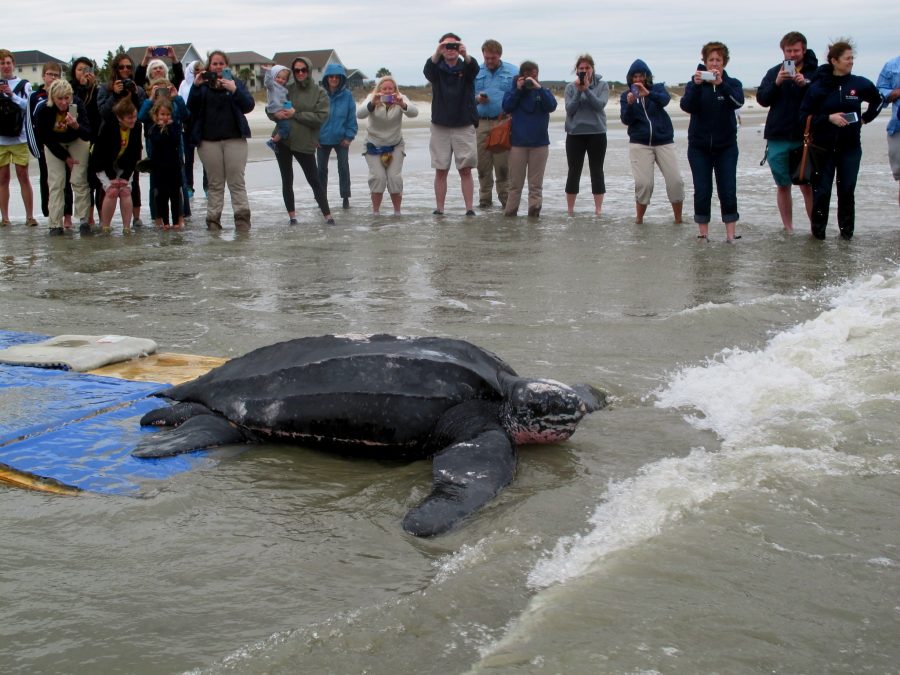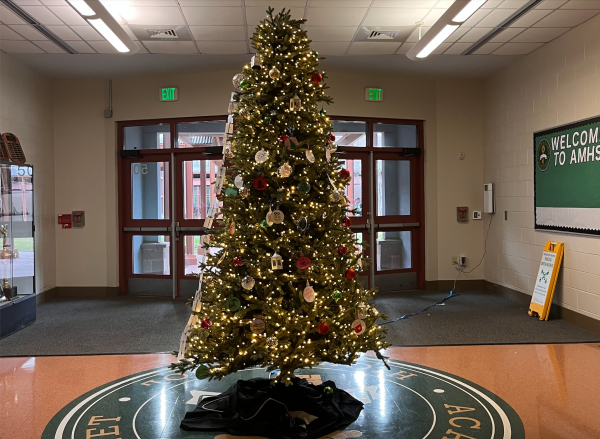Saving Leatherback Sea Turtles in Charleston
This was the second leatherback turtle to wash up in Charleston in the past few days. The other turtle was spotted on Fort Moultrie’s beach on Friday; unfortunately it was already dead too because of the injuries it suffered.
Wildlife officials in Charleston announced that both of the turtles were hit by boats and this was the cause of death.
There are seven known sea turtle species and unfortunately all seven are endangered and severely threatened. Leatherbacks are the largest sea turtle, greater than six feet long and can weigh more than a ton. This turtle is more than two times the size of the slightly more popular loggerhead. Leatherbacks are considered the most rare species of turtle; the Lowcountry and marine biologists in the area are fortunate that they sometimes nest here even though we are located north of their nesting range.
The most common snack for sea turtles is the cannonball jellyfish, because it is nutritious and easy to catch. The cannonball jellyfish are pushed towards the shore by spring winds and tides, and the turtles follow. As they get closer to shore it puts them at a greater risk of getting struck by boats and confusing marine debris for their favorite jellies.
Sea walls at beaches in Charleston, particularly in Wild Dunes, protect beachfront homes, docks, accesses, and properties by blocking sea water from entering. However, they have been found to obstruct the passage of nesting sea turtles, trap and strand hatchlings, and increase the rate of beach erosion because of the fast flowing water that pushes against the walls.
The wall was not the immediate cause of death of the leatherback that washed up at Isles of Palms, but the turtle may have survived if it had been discovered sooner and had not been stranded on the hot sand because of the wall.
The South Carolina Aquarium in Charleston has its own Sea Turtle Care Center which helps to heal sick and injured sea turtles with the help of the South Carolina Department of Natural Resources. The Center’s goal is to save the sea turtles by hopefully repopulating the world’s oceans and eventually pushing this species off of the endangered species list. The Sea Turtle Care Center in Charleston has saved over 200 sea turtles and is the world leader of sea turtle conservation and rehabilitation.
Within the Aquarium there is a sea turtle hospital where visitors can experience first hand the rescue and rehabilitation of ocean turtles. This feature helps to spread awareness and educate the public about the growing issue of sea turtle endangerment.
The most common sea turtles found at the Aquarium hospital are suffering from bacterial infections, cold water shock, or injury from a shark bite or boat strike. The veterinarians on staff at the hospital work to treat the creatures and eventually integrate them back into the wild and release them when they are healthy.
Currently there are fourteen sea turtles being treated at the Aquarium downtown:
Marlin (loggerhead)
Nigel (hybrid)
Pearl (green sea turtle)
Deb (green sea turtle)
Gill (green sea turtle)
Crush (green sea turtle)
Squirt (green sea turtle)
Cove (green sea turtle)
BB-8 (green sea turtle)
Luke Skywalker (loggerhead)
Sumter (loggerhead)
Sully (loggerhead)
Briar (loggerhead)
Awendaw (loggerhead)
Go visit and give support to these little guys and remember to save the sea turtles!













